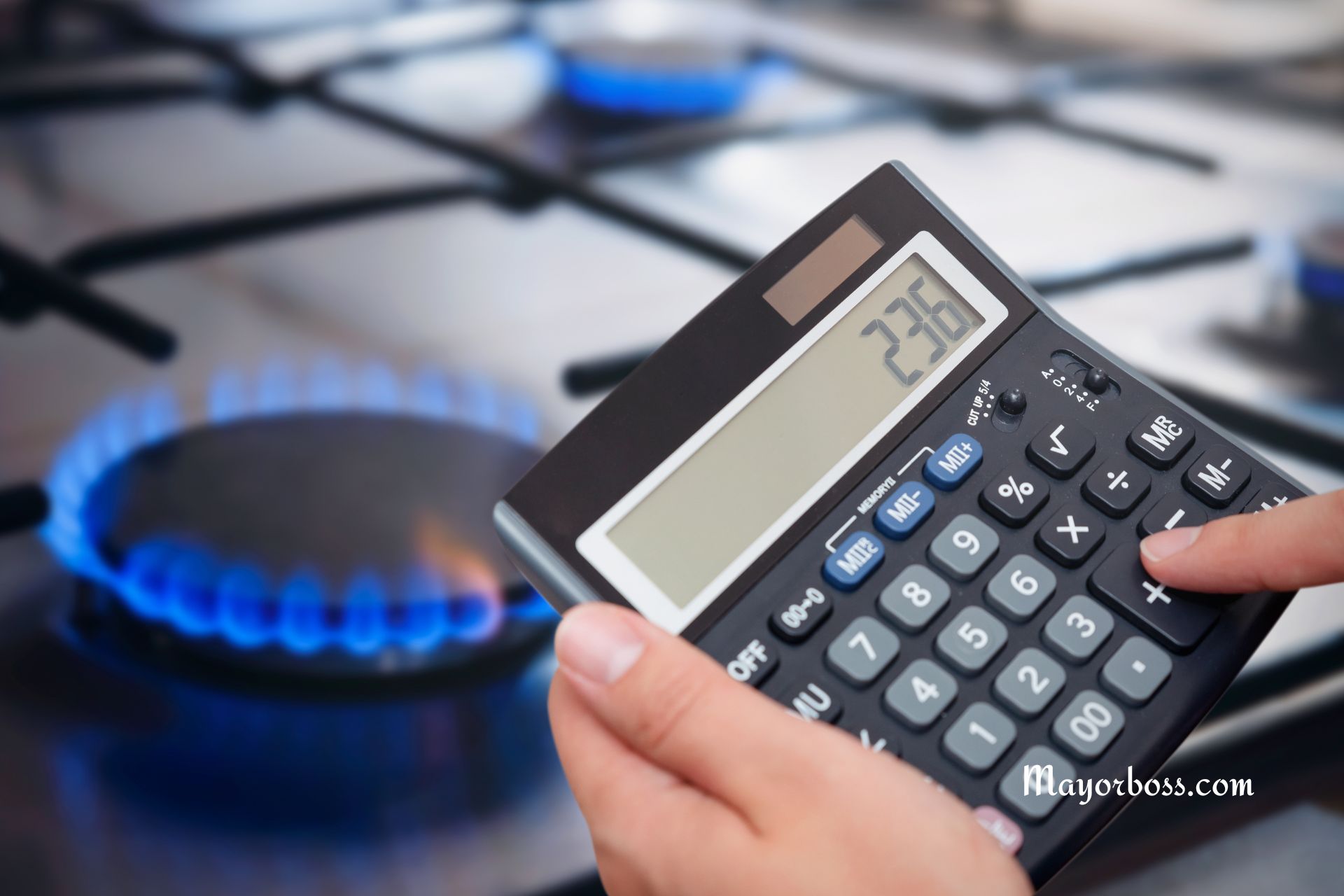These 10 Simple Tips Will Help Reduce Your Gas Bill When Cooking
Cooking with gas is common in many homes. Gas is a popular choice for cooking because it heats quickly and cooks food well. However, using gas can be costly if you are not careful. The following tips can help you lower your gas bill while still preparing healthy and tasty meals.

Tip 1: Use the Right Sized Cookware
Using a pot or pan that matches the size of your burner is important. When you place a small pot on a large burner, much of the heat is lost. This wastes gas and takes longer to heat your food. Match the size of your cookware to the burner. This small change makes a significant difference in saving energy.
Tip 2: Cover Your Pots and Pans
Covering your cookware with a lid helps to trap heat. When you use a lid, your food cooks faster because the heat stays inside the pot. This means you do not need to use the burner for as long. Using a lid is an easy way to save gas and still cook your food well.
Tip 3: Adjust the Flame to Your Cookware
Make sure the flame is the right size for your pot or pan. The flame should not be much larger than your cookware. If the flame is too big, it heats the air around the pot instead of the food. Adjust the flame so that it covers only the bottom of your cookware. This simple step directs heat to where it is needed and saves gas.
Tip 4: Preheat Only When Needed
Some recipes ask you to preheat your oven or burner. In many cases, you can skip this step. Not all dishes need preheating. When you start cooking without preheating, you save energy. Only preheat when the recipe tells you it is needed. This habit can lower your gas use over time.
Tip 5: Turn Off Burners Early
Food can finish cooking with the heat that stays in the pot. Turn off your burner a few minutes before the food is done. The remaining heat will complete the cooking process. This method uses less gas while still giving you a well-cooked meal. It works well for dishes like soups and stews.
Tip 6: Set Minimum Marks on the Thermostat When Heating Water
Gas water heaters or double-circuit boilers come equipped with heating temperature regulators. By setting the thermostat to minimum marks, you can ensure that the water is heated to a comfortable temperature without overdoing it. This prevents the need to mix in cold water to achieve a usable temperature, reducing gas usage significantly. Regular maintenance, like cleaning or replacing the tank, is also advised to prevent sediment buildup, which can prolong heating times and increase gas consumption.
Tip 7: Keep Your Burners Clean
Clean burners work better and use gas more efficiently. Dirt and food spills can block the flame and cause uneven heating. Clean your burners regularly to ensure they work at full power. A clean stove not only saves gas but also makes your kitchen safer.
Tip 8: Use Energy-Efficient Cooking Methods
Some cooking methods use less gas than others. Pressure cooking, for example, cooks food quickly in a sealed pot. Slow cooking uses low heat over a long period. Both methods use less gas than cooking with a high flame on a stove. Try these methods when you can to lower your energy use.
Tip 9: Maintain Your Gas Appliances
Your gas stove and other appliances need regular checks. Faulty burners or loose parts can waste gas and even pose a safety risk. Schedule routine maintenance for your gas appliances. Keeping them in good condition helps you use gas more efficiently and safely.
Tip 10: Install Thermostats on Radiators
If your home heating is powered by a gas boiler, installing thermostats on each radiator can be helpful. These devices allow you to set a specific heating level for different rooms based on their usage and the personal comfort preferences of those using them. For example, teenagers might prefer cooler rooms, whereas elderly family members may require warmer temperatures. By adjusting each radiator to the ideal temperature, you avoid wasting gas heating rooms more than necessary.
These thermostat strategies not only promote efficient gas usage but also enhance the comfort of your home environment, ensuring that heat is distributed according to your specific needs.
Takeaway
Lowering your gas bill while cooking is easy with these 10 tips. Use cookware that matches your burner, cover your pots and pans, and only preheat when necessary. Turn off your burners a little early so that the leftover heat finishes the cooking. Batch cooking and keeping your burners clean can also save gas. Regular maintenance of your appliances and adjusting the flame to fit your cookware help to improve energy use.
Frequently Asked Questions
Q: How often should I clean my burners? A: It’s a good idea to check and clean your burners at least once every few months or more frequently if you notice a decrease in burner performance or an increase in gas consumption.
Q: Are condensing boilers worth the cost? A: Absolutely! While the initial cost is higher, condensing boilers are more efficient than traditional boilers, saving you money in the long run through reduced gas usage.
Q: What is the best way to use a thermostat with a gas heater? A: Set your thermostat to the lowest comfortable setting. This prevents overuse of your heating system and reduces gas consumption without sacrificing comfort.
